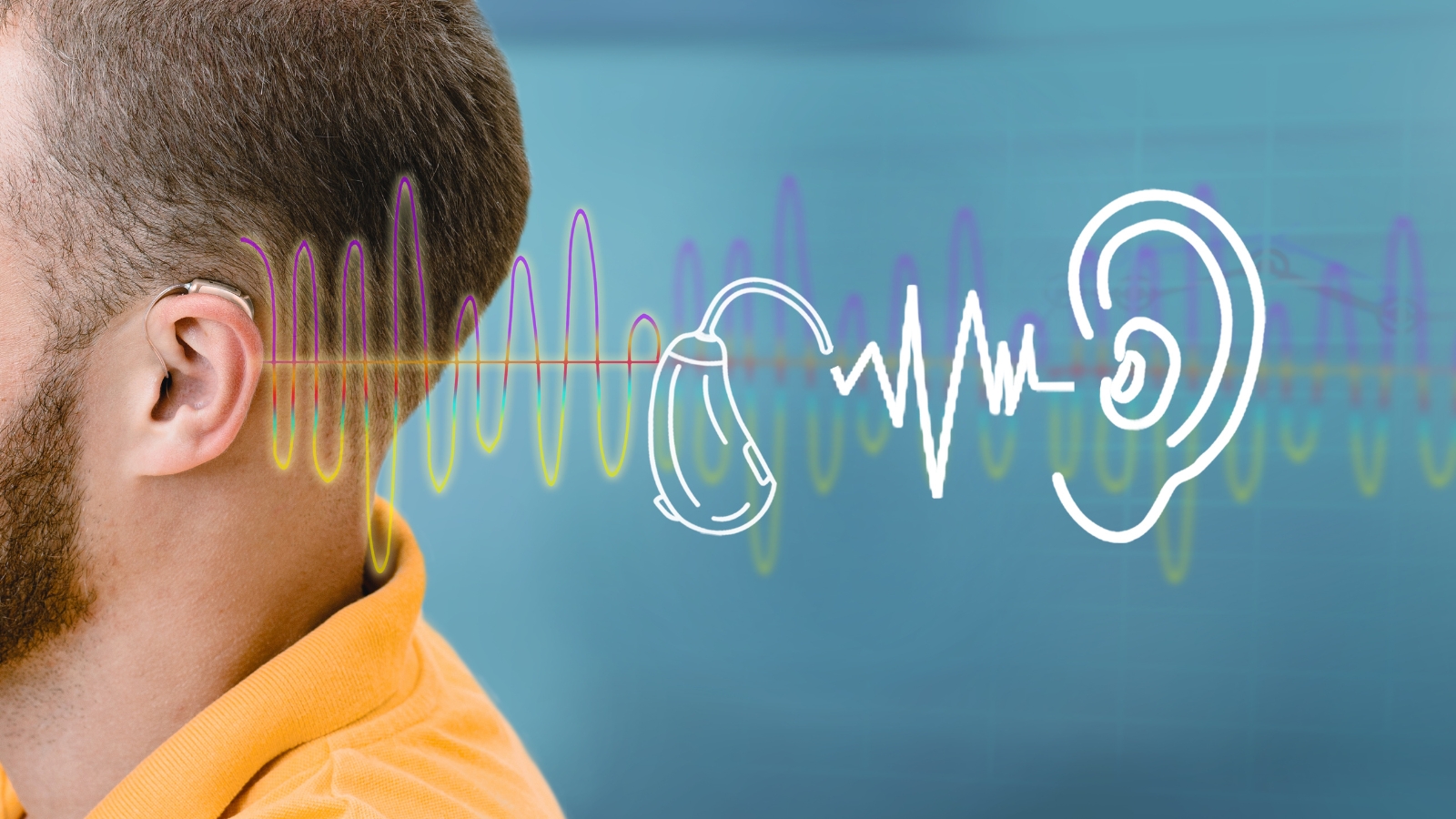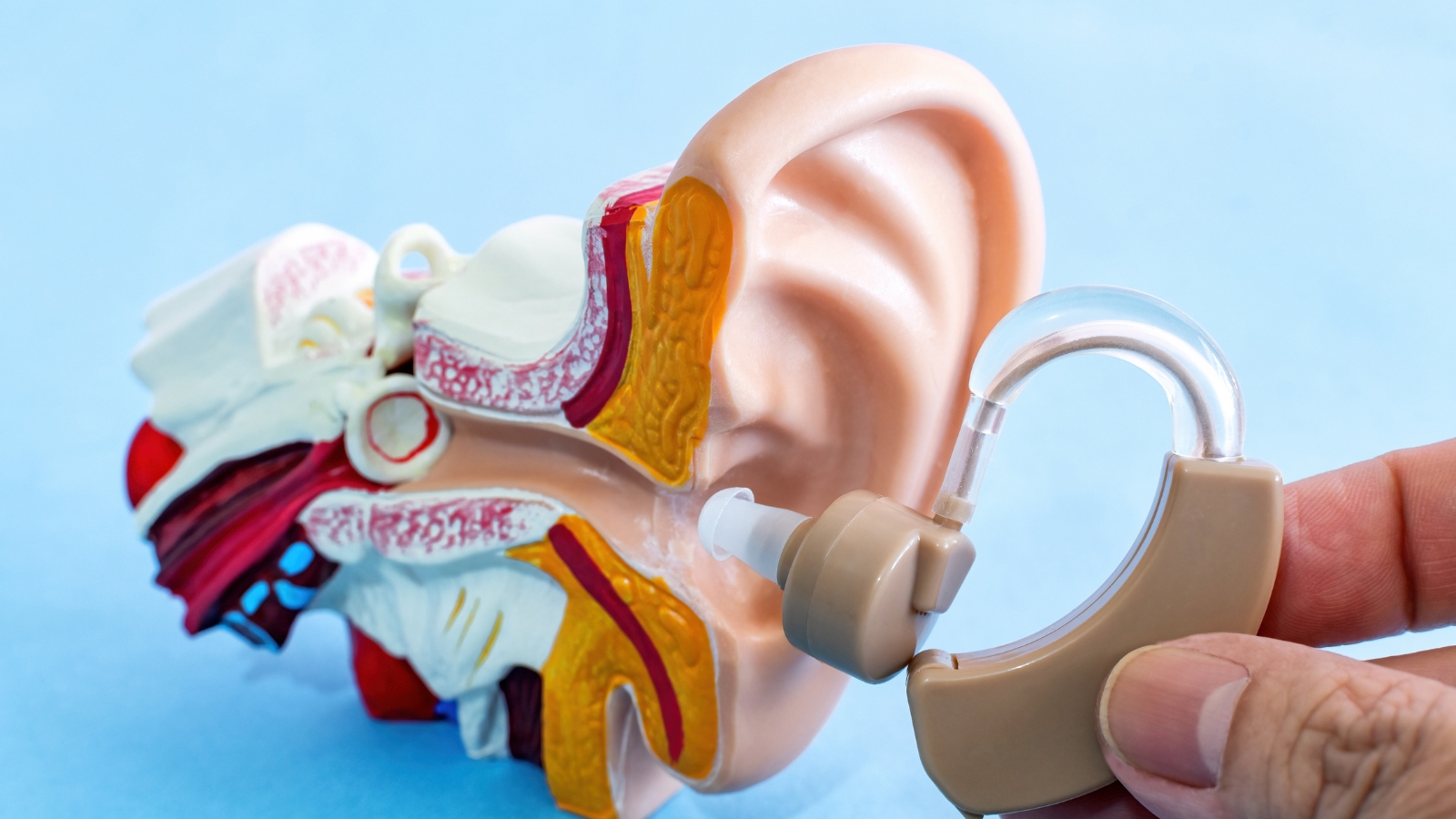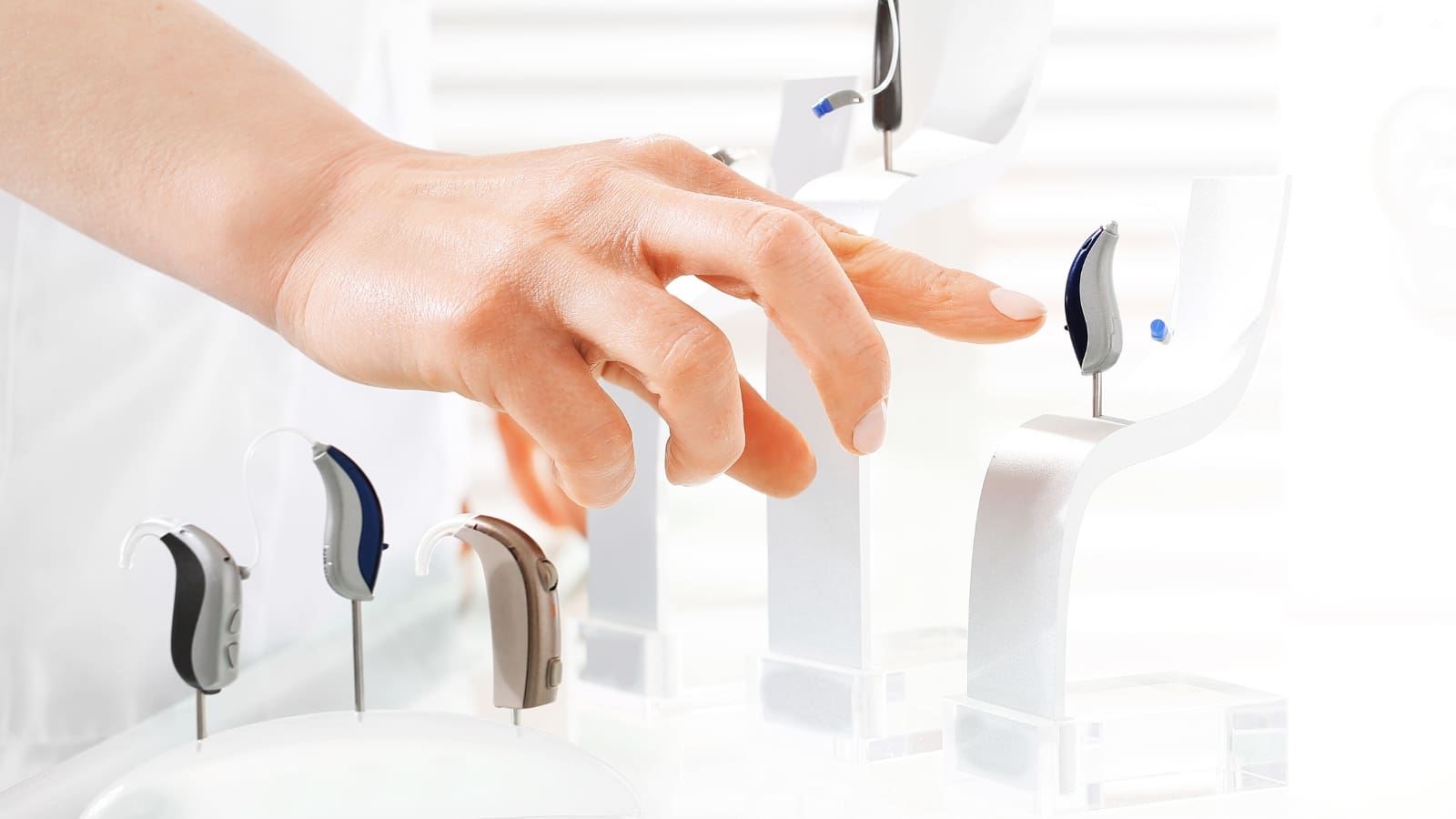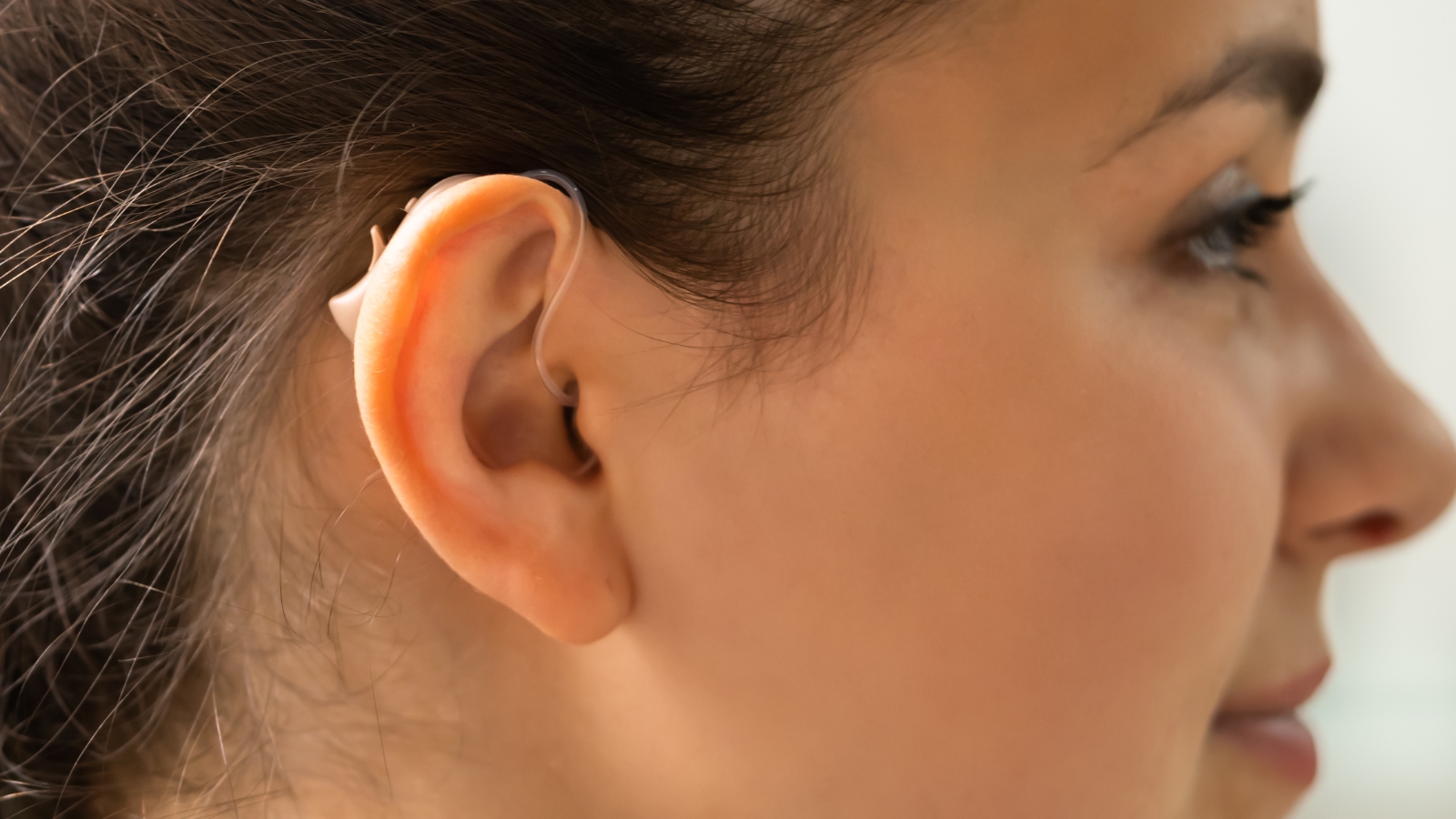Join The Nantwich Clinic Club to keep up to date with news and offers!
Sign Up
Hearing aids work by using a microphone to collect sound waves, the same way in which the microphone on your mobile phone works to record your voice. The microphone then converts the sound waves into electrical signals, which are then amplified by a processor. The amplified signals are then sent to a speaker, which converts them back into sound waves. The sound waves are then delivered to the ear through a receiver.
They also have some specialised built in technology designed to help make the sounds that they are interpreting more understandable, because lets face it, if it’s just amplifying every sound that would be picked up by the ear then it’s not really going to help too much, it’s just going to be a loud and jumbled mess.
The use of special directional microphones help the hearing aid to focus onto a specific sound source, such as someone that is in conversation with the wearer, allowing the person wearing the hearing aid to hear them more clearly. Noise reduction technology helps to filter out and reduce unwanted background noise so that the desired sound is clearer and easier to hear. There is even speech enhancement technology that can help to improve the clarity of speech, making it easier to participate in conversations.

There are three main types of hearing aids: behind-the-ear (BTE), in-the-ear (ITE), and in-the-canal (ITC). As their names suggest, they describe how they are worn by their user.
Behind-the-ear (BTE) hearing aids are the most common type of hearing aid, and will probably be the first thing that comes to mind when you picture one. They are attached to the ear by a thin wire, and the receiver is placed in the ear canal.
In-the-ear (ITE) hearing aids are smaller than BTE hearing aids, and they fit entirely in the ear canal and have a more discreet appearance.
In-the-canal (ITC) hearing aids are the smallest type of hearing aid, and they fit deep in the ear canal. These are connected to a larger processor which is worn behind the ear.

Hearing aids can improve hearing by making sounds louder and clearer. They can also help to improve the quality of sound and reduce background noise. This can make it easier for people with hearing loss to hear conversations, understand speech in noisy environments, and participate in activities that they enjoy.
You’ll need to take into account a number of things when you’re choosing a hearing aid, and even though you might prefer the style of one hearing aid it may not be right for you. The first thing to take into account is the type and severity of hearing loss you’re experiencing as this can dictate what the right hearing aid is for you. Your lifestyle will also play an important part in making a decision, for example if you are an active swimmer then you may want to look at water resistant hearing aids.
We understand that choosing the right hearing aid can be tricky, which is why we offer a completely free two week trial on all of our hearing aids to make sure that they are the right fit and the right solution for you.

Hearing aids are a valuable tool for people with hearing loss. They can help to improve hearing, communication, and participation in activities. If you are considering using hearing aids, talk to your doctor or an audiologist. They can help you to determine if hearing aids are right for you and can recommend a hearing aid that is right for your needs.
Whether it’s a quick question that you need to ask, or you would like to book an appointment with us, we want to hear from you. Simply click the button below to get started or contact us on 01270 627118.
